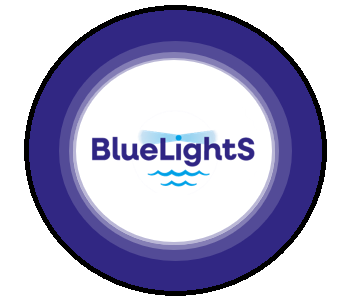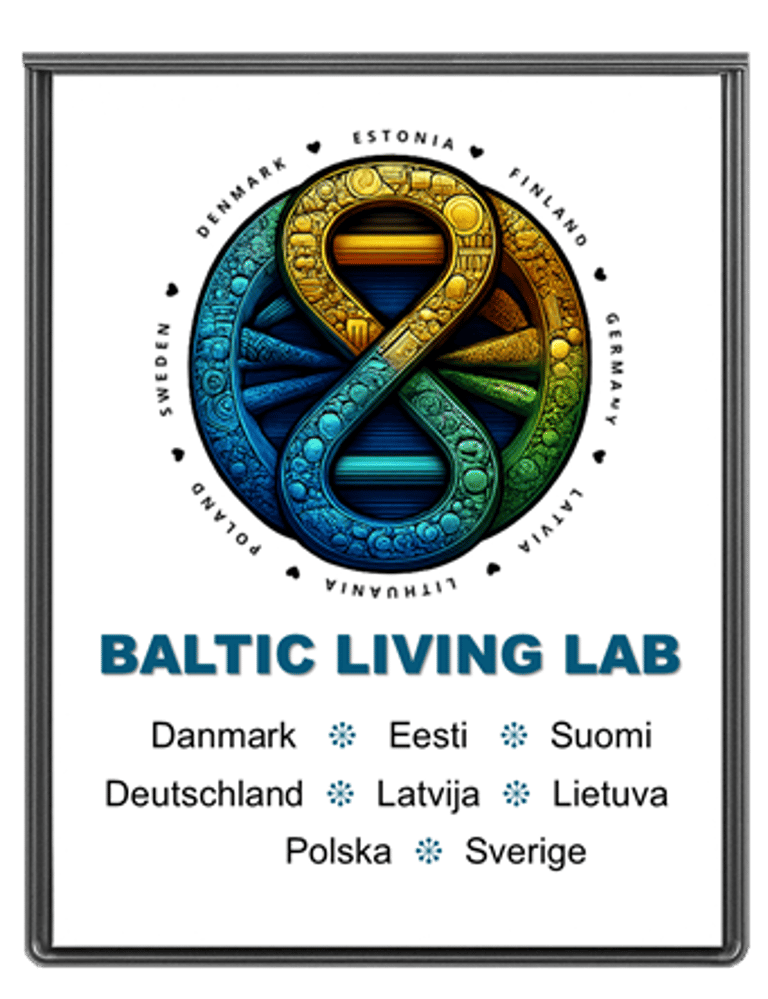Predicting the future by re-imagining the present
Convening the multiple-helix for problem-solving of SHARED environmental challenges FACING the baltic sea region
Blue economy concepts lagging behind in ocean literacy
Researchers from the universities of Aveiro and Lisbon (Portugal) published an analysis of scientific work connecting Ocean Literacy and Blue Economy, reflecting the European Union's policy frameworks on the blue economic growth..... Read more
8/29/20251 min read
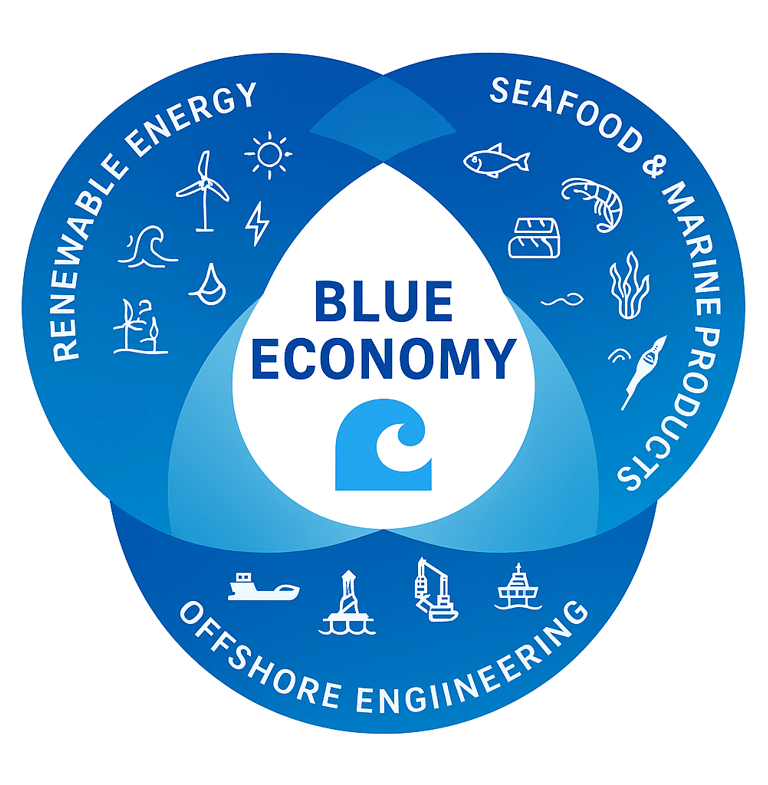

Ocean Literacy has been recognized as crucial in promoting a Sustainable Blue Economy. Researchers from the University of Aveiro/University of Lisbon carried out a literature review to understand how Ocean literacy and Blue Economy concepts are being associated. In particular, it examined what key concepts related to Blue Economy like technology, circularity, economics or careers are being addressed within Ocean Literacy. Additionally, to capture the work developed outside the academic research domain, the Portuguese (PT) Blue School Network was selected as a source for identifying educational activities related to the Blue Economy, as it brings together initiatives provided by a diverse range of stakeholders. The analysis revealed a limited, though growing, body of scientific work connecting Ocean Literacy and Blue Economy (25 publications), prominently from Europe, possibly a reflection of the European Union's policy frameworks on the blue economic growth. Blue Economy is the most frequent economic topic, followed by specific sectors within Blue Economy, including aquaculture, fisheries, shipbuilding and offshore renewables. The Circular Economy concept arises in the context of plastic pollution whereas Environmental Economy concepts are associated with cultural values and restoration of marine ecosystems. The analysis of the Blue School PT program revealed that around 20% of the activities offered consider Blue Economy related topics. Within these topics, careers is the most covered issue, followed by circular economy and aquaculture. Fishing, fish consumption, biotechnology, economy and research are other issues covered. Emergent Blue Economy sectors, such as energy, robotics, and tourism, received less attention. This review underscores the need for greater integration of economic concepts within Ocean Literacy initiatives and illustrates the variety of economic issues that can be addressed to further promote the sustainable use of ocean resources. It also highlights that expanding research and educational efforts to the economic and societal dimensions of the ocean are crucial for achieving comprehensive Ocean Literacy, more aligned with the actual holistic concept of Ocean Literacy.
Thank you to Mariana Almeida, Centre for Environmental and Marine Studies and Department of Environment and Planning, Universidade de Aveiro, Aveiro, Portugal and member of EMSEA (the European Marine Science Educators Association).
Connect
Collaborate
info@BalticLivingLab.org
© 2025. All rights reserved.
Views and opinions expressed are those of the author(s) only and do not necessarily reflect those of the European Union or the European Commission.
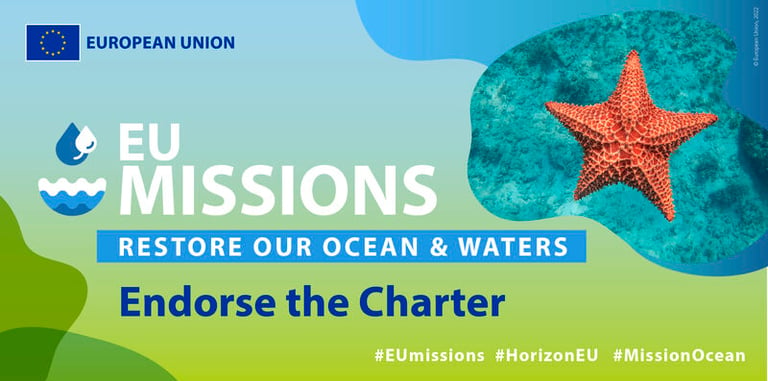

In Support of the EU Mission Ocean
Created and supported by
Global Skills Network, Estonia,
as a resource hub for the
Horizon sister projects,
three Mission Ocean and Waters
projects funded by the EU’s
Horizon Europe Research & Innovation
Program.
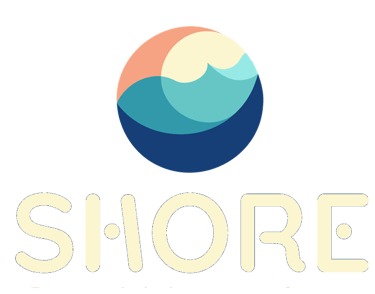

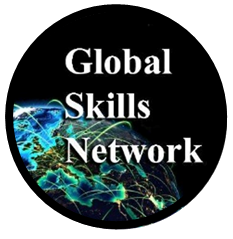

PRO-BLEU
